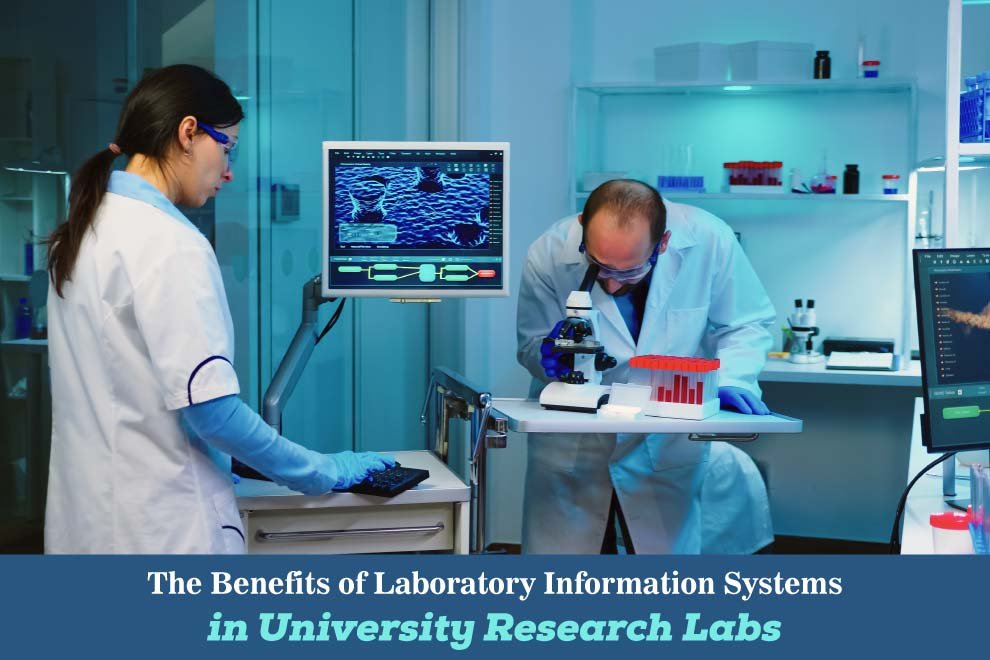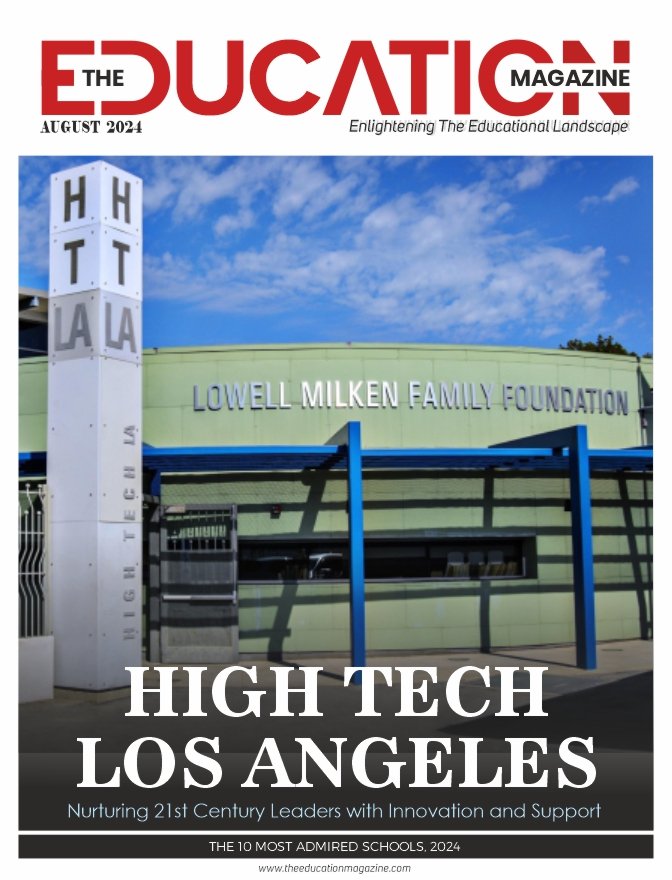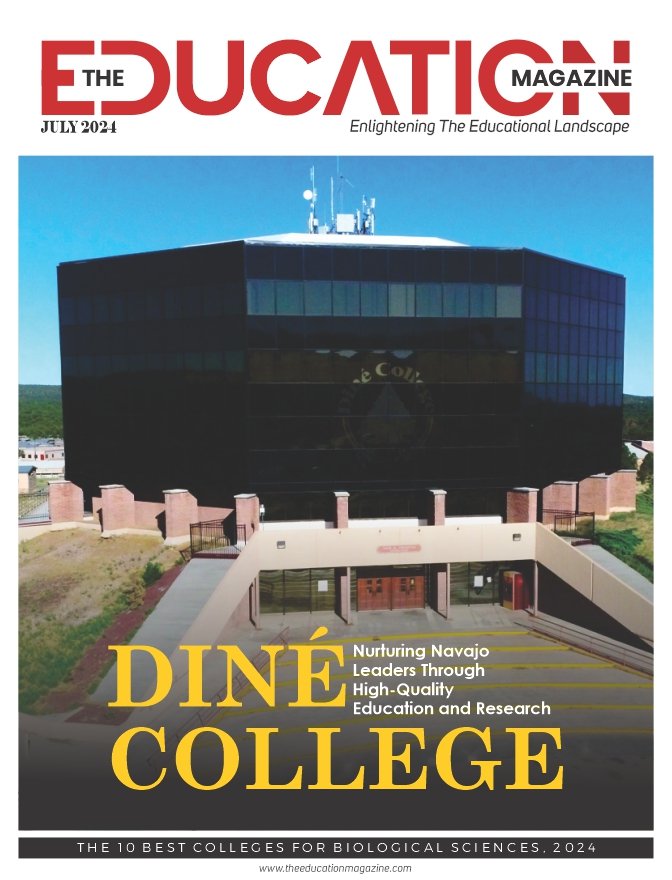Using lab information systems in university research settings is a no-brainer for continued scientific and healthcare research and analysis. These software solutions make the daily grind easier and pave the way for bigger discoveries and smoother collaborations. Imagine all your data and processes streamlined—that’s what we’re talking about here. And let’s be honest, who wouldn’t want their work life to be more straightforward?
Let’s explore the benefits of introducing laboratory information software into university research labs.
Streamlined Data Management
A key benefit of integrating LIS into university research labs like Brown University is the substantial enhancement in data handling. Old-school methods that depend on paper and pen just don’t cut it anymore. They’re full of mistakes and slow you down when trying to get things done. With LIS stepping into the picture, say goodbye to those pesky manual entry mistakes and the headache of administrative tasks. It’s like having a digital assistant that gathers, stores, and returns your data without breaking a sweat. This is how we make room for more accuracy and less paperwork! Thanks to this nifty setup, researchers can spend more time getting their hands dirty with experiments and less on the headache of keeping track of all that data.
Enhancing Data Integrity and Compliance
Data integrity is paramount in research. LIS ensures your data stays safe and sound, with tools like audit trails to track changes, version control so you always know the latest copy, and strong protocols that keep your data locked up tight from unwanted access. With these features, you can easily track your data and see any changes made, which aligns with the best lab work practices. Also, a laboratory information system (LIS) can be adjusted to follow specific rules and ethical guidelines. This helps ensure everything is up-and-coming and keeps research findings trustworthy.
Better Collaboration All-Around
Getting into the thick of it—how to make teamwork on research projects both bearable and productive. By now, you’ve hopefully picked up a trick or two about effectively bringing different minds together. Whether finding common ground in goals or mastering the art of compromise, remember that successful collaboration can turn a good project into an amazing one.
Nowadays, when it comes to figuring things out scientifically, teamwork is the name of the game. It’s all about mixing and matching expertise from different fields and places around the globe. LIS is like a magic key that opens doors between research teams, making it easy for them to share data and resources. This way, everyone can work together smoothly without any roadblocks getting in the way. Cloud-based platforms are like superheroes for data. They let you upload, access, and analyze information in real-time. Research teams can collaborate more effectively and develop brilliant ideas faster than ever. It’s all about making the research process dynamic and teamwork a breeze. Linking up with other databases and platforms lets a lab branch out, connecting with bigger research groups and networks. This is like expanding their conversation circle at the science fair of research, making more friends in high places!
Optimizing Resource Management
Effective management of laboratory resources is crucial for operational efficiency. A laboratory management system is your go-to solution for keeping tabs on how lab equipment and supplies are used, checking what’s available, and even helping get more of what you need. With real-time updates on how resources are used, labs can get smarter about buying what they need, cutting down on waste, and always having the necessary materials. By managing our resources smartly, the lab doesn’t just get more done but saves a pretty penny in the process.
Personalizing the Research Experience
Given each research lab’s unique challenges and needs, LIS offers customizable solutions tailored to specific requirements. By tweaking workflows, adding data fields, and bringing in specialized tools as needed, the system can keep up with the changing needs of any lab. When searching for a laboratory information system software, keep custom configuration requirements in mind. You’ll likely need a solution completely tailored to your lab’s needs.
Wrapping this up, it’s clear that picking a top-notch place to call home isn’t just about location or the extra perks. Market ups and downs play their part too. But what makes or breaks a deal? Don’t forget, whether we’re talking homes or commercial spaces, never underestimate the power of outstanding customer service—it’s truly what ties everything together.
As university labs continue to break new ground, getting on board with laboratory information systems is a big step toward updating how research gets done. LIS makes life easier for researchers by simplifying how they handle data, ensuring that it stays accurate and reliable, fostering teamwork, using resources wisely, and offering solutions tailored to their needs. This way, researchers reach their goals more smoothly and make a bigger impact.










